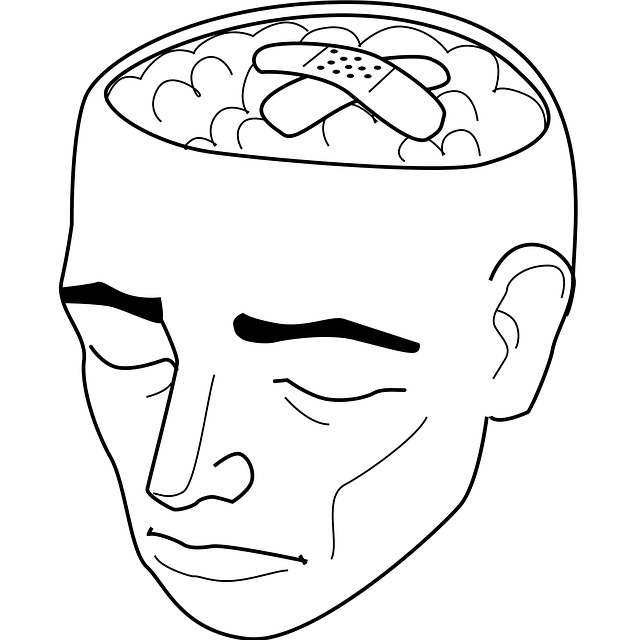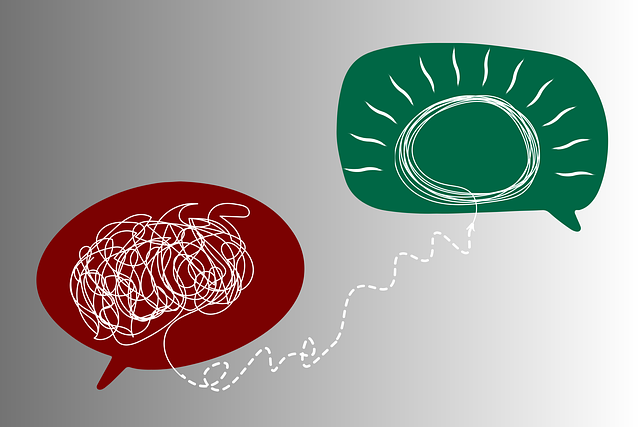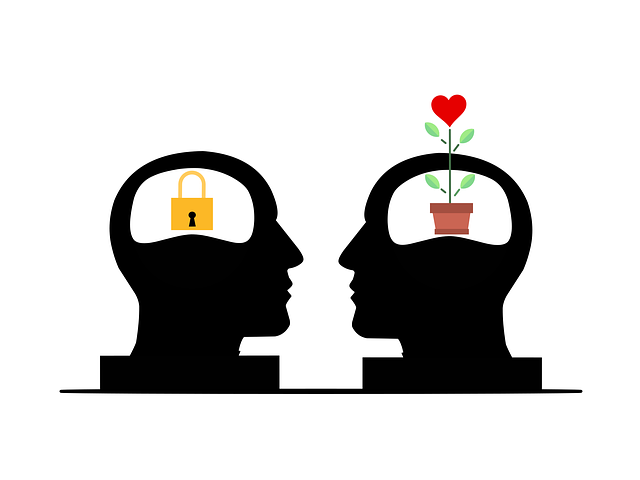Northglenn Gender Identity Therapy (NGIT) provides culturally competent mental healthcare, addressing diverse needs with a holistic approach. By cultivating compassion and active listening, therapists create safe spaces for clients to explore gender identities without stigma. Their multi-faceted strategy includes bias management, mindfulness meditation, crisis intervention guidance tailored to individual and cultural contexts, ensuring respectful, effective care.
Cultural sensitivity is an indispensable aspect of mental healthcare, ensuring equitable and effective treatment for a diverse range of patients. This article explores this critical topic, beginning with a foundational understanding of cultural sensitivity in mental health practices. We present a compelling case study focusing on Northglenn Gender Identity Therapy, demonstrating the transformative power of culturally competent care. Additionally, we offer practical strategies for healthcare professionals to integrate cultural sensitivity into their clinical practice, fostering more inclusive and nurturing environments.
- Understanding Cultural Sensitivity in Mental Healthcare
- Northglenn Gender Identity Therapy: A Case Study on Cultural Competence
- Strategies for Incorporating Cultural Sensitivity in Clinical Practice
Understanding Cultural Sensitivity in Mental Healthcare

Understanding Cultural Sensitivity in Mental Healthcare involves recognizing that every individual enters therapy with a unique cultural lens shaped by their experiences, beliefs, and values. This is particularly significant in diverse communities like Northglenn, where practices like Gender Identity Therapy must be culturally responsive to ensure effective treatment. By integrating compassion cultivation practices, therapists can foster an environment of safety and understanding, encouraging clients to explore sensitive topics openly.
A robust Community Outreach Program Implementation plays a crucial role in promoting cultural sensitivity. This involves actively engaging with diverse communities, understanding their specific needs, and tailoring services accordingly. Additionally, Crisis Intervention Guidance tailored to cultural contexts ensures that individuals receive support that respects their beliefs while addressing acute mental health crises effectively. These strategies not only enhance the accessibility of quality care but also build trust between therapists and clients from various backgrounds.
Northglenn Gender Identity Therapy: A Case Study on Cultural Competence

In the ever-evolving landscape of mental healthcare, cultural sensitivity is no longer a nice-to-have but an absolute necessity. This need is especially pronounced when addressing the unique challenges faced by individuals from diverse backgrounds, such as those with gender identity issues. Northglenn Gender Identity Therapy (NGIT) stands out as a shining example of culturally competent care. By employing empathy building strategies and focusing on coping skills development, NGIT has successfully created a safe space where clients can explore their identities without fear of judgment or stigma.
The therapy model incorporates cultural awareness into every session, ensuring that the needs of each client are met with understanding and respect. This holistic approach not only facilitates personal growth but also serves as a powerful burnout prevention tool. By fostering an environment of acceptance and support, NGIT empowers individuals to navigate their gender journeys with resilience and self-confidence, ultimately enhancing their overall well-being.
Strategies for Incorporating Cultural Sensitivity in Clinical Practice

Incorporating cultural sensitivity into clinical practice is a multifaceted approach that requires therapists to be aware of their own biases and assumptions. At Northglenn Gender Identity Therapy, we emphasize understanding and respecting diverse cultural backgrounds, beliefs, and values. This begins with active listening, where therapists create a safe space for clients to express themselves openly. By validating their experiences and perspectives, therapists foster trust and build a strong therapeutic alliance.
Additionally, integrating practices like Mindfulness Meditation and Self-Esteem Improvement can enhance the cultural sensitivity of therapy. These techniques are not one-size-fits-all but are adapted to meet the unique needs of each client. For example, incorporating mindfulness exercises that resonate with a client’s spiritual or religious beliefs can make the practice more accessible and meaningful. Similarly, providing Crisis Intervention Guidance tailored to cultural contexts ensures that clients receive support that is both effective and respectful of their identities.
Cultural sensitivity is a cornerstone of effective mental healthcare, as evidenced by the transformative impact of Northglenn Gender Identity Therapy. This case study highlights the importance of understanding and incorporating cultural competence, demonstrating how tailored approaches can significantly improve outcomes for diverse patient populations. By adopting strategies such as education, self-reflection, and adaptive communication techniques, mental health professionals can create inclusive environments that honor individual identities and experiences, ultimately fostering stronger connections and more successful therapeutic alliances.














